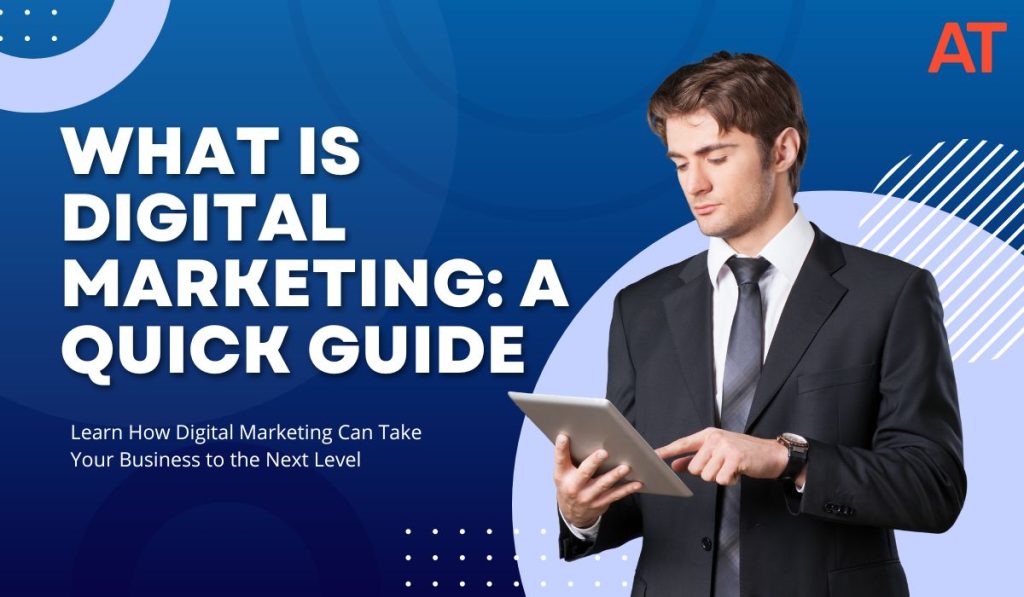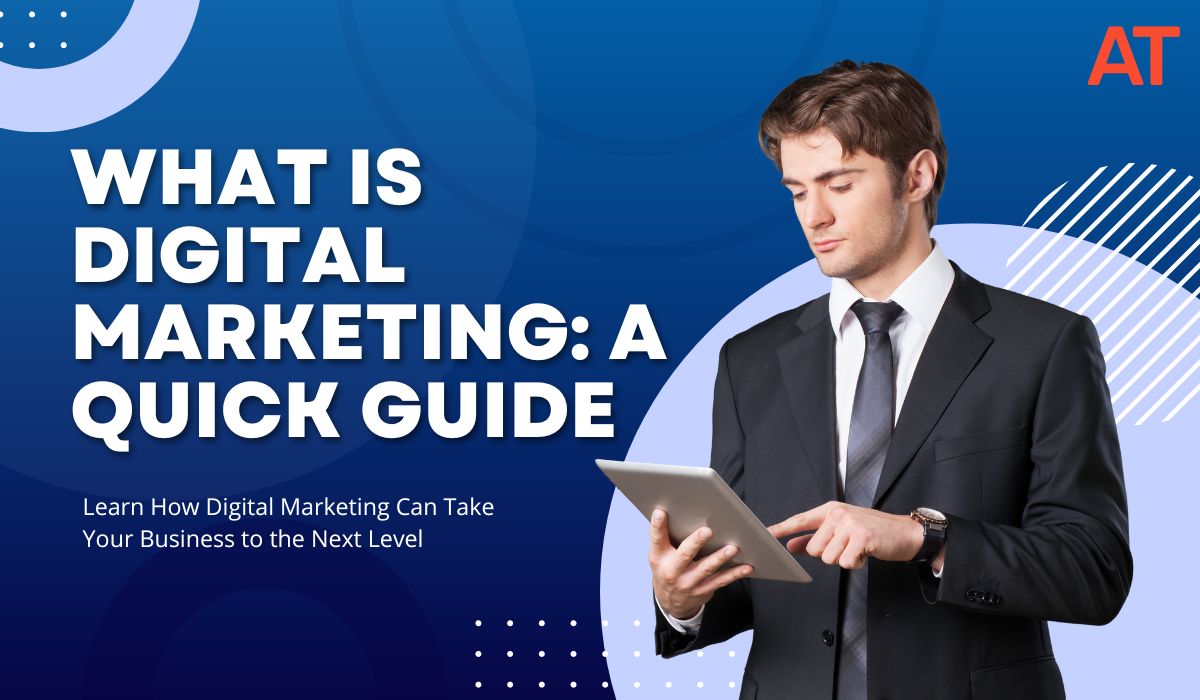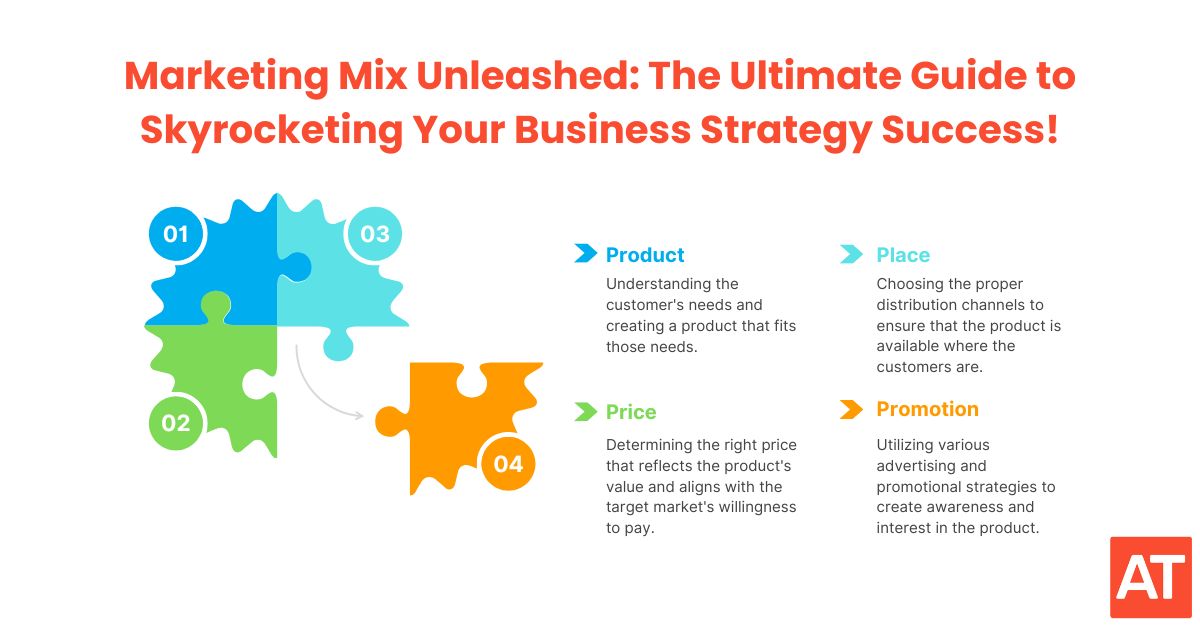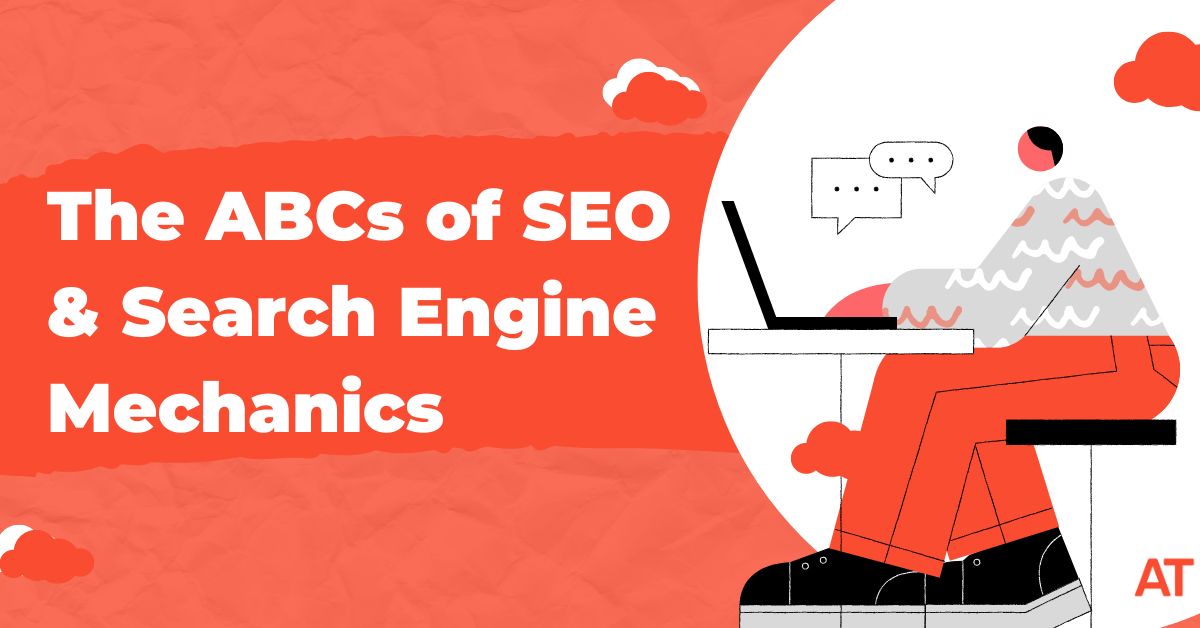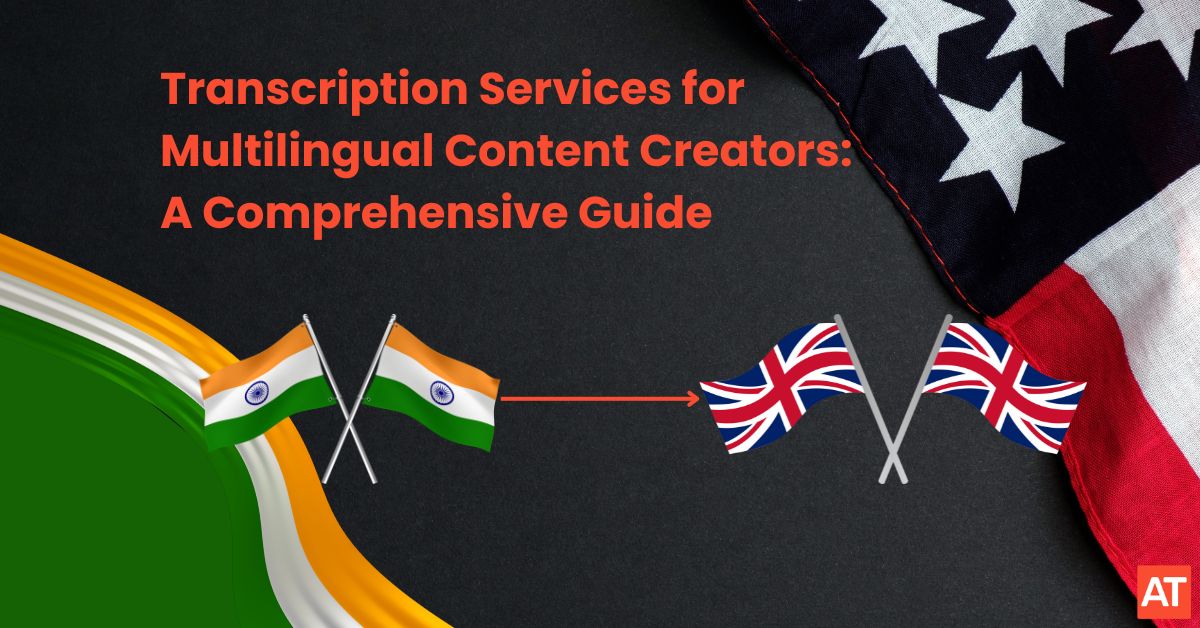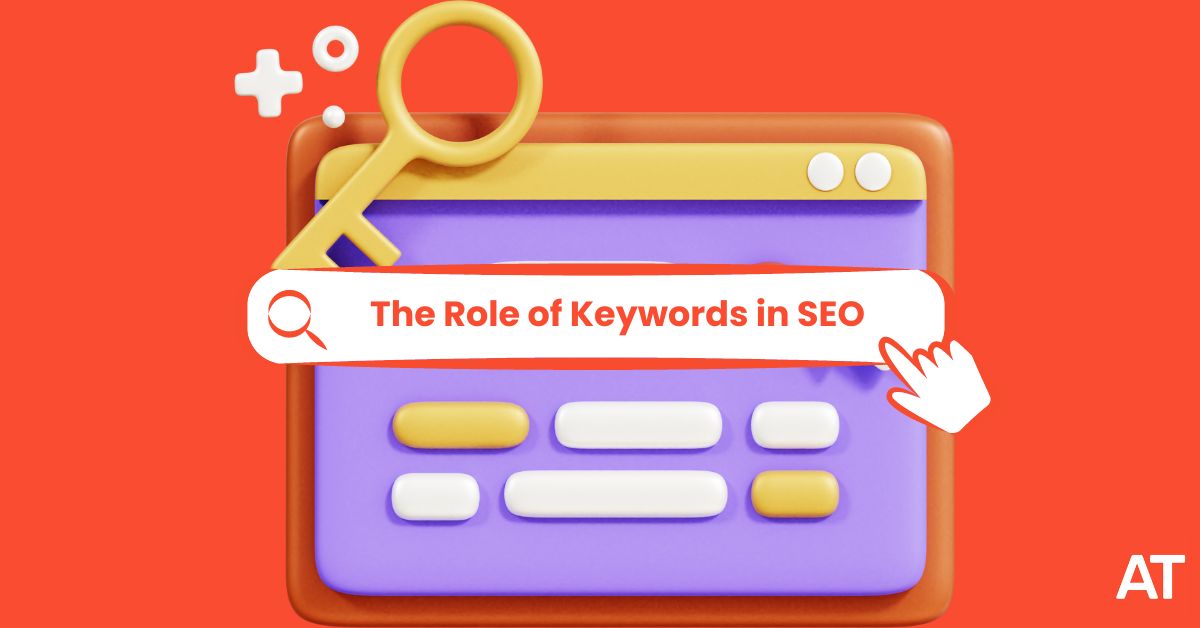Digital Marketing is any form of marketing that is delivered through digital media like Social Media Platforms, Search Engines, Apps, Emails, or Websites. Strangely, TV is not considered a digital marketing medium.
Digital Marketing helps you put your business in front of a larger and more targeted audience than traditional marketing channels. This helps increase your chances of success in your marketing efforts. Digital marketing campaigns can be easily monitored and your strategies can be easily tweaked as required. It’s also lighter on your pockets than traditional marketing.
Table of Contents
ToggleAdvantages of Digital Marketing
1. Low Cost
Let’s be honest. Not every business has the kind of resources available to pour millions of dollars into their marketing campaigns. Digital marketing gives them an opportunity to showcase themselves to their target audience at cost-effective prices.
2. Target only the people most likely to become your customers
Digital marketing gives you the opportunity to target very specific audiences around the world. People who are already looking for the products/services you provide or people who are most likely to buy what you’re selling based on their interests, location, gender, age, marital status, online behavior, etc. can be targeted.
3. Easy to Measure your success
Digital Marketing makes it easier for you to define your goals and measure your success based on the achievement of those goals. Digital marketing campaigns can be tracked from the get-go and you can start to see tangible results in a few days upon which you can either let your campaign run as it is if it’s working well for you or tweak it to make it perform better. You can also create A/B tests to see which part of the ad works best whether it’s the headline or body copy or something else, you have control over every aspect.
4. Gives you a level playing field
Traditionally, the bigger players in the market have always dominated through their marketing campaigns and their ability to outspend smaller businesses. Digital marketing gives you a level playing field through which you can implement novel strategies to outrank your competitors. For example, you can target long-tail keywords in your niche which are easier to rank for and start creating high-quality content for them. This will help you rank on search engines and help grow your business.
5. Helps grow brand awareness
You can use the power of social media and blogging to showcase what your business is all about and increase your brand awareness. People are attracted to brands they can relate to. If you can help solve their problems while also touching an emotional element of their psyche, your brand will start to grow. You can tell people about your story, how your business came to be, what it stands for, what it’s doing, how it will solve their problems, etc. to connect to your audience on an emotional level.
6. Global Reach
Digital marketing has a global reach and you can target people across the globe through your digital ads. This will increase your exposure and provide you with new business opportunities that could not have been possible through traditional marketing channels.
7. Greater Engagement with your followers
Regular engagement with your customers is a key step in growing your business. Engaging with your customers will help you understand their pain points, handle any grievances, answer their questions and also generate more sales. Social Media can be a powerful tool in helping you connect with your audience on a personal level. You can also use blog posts, newsletters, surveys to better understand how you can provide even better services to them.
Types of Digital Marketing
Digital marketing has many parts, these are –
- Social Media Marketing
- Search Engine Optimization
- Pay Per Click Advertising
- Content Marketing
- Affiliate Marketing
- Email Marketing
- Digital PR
- Inbound Marketing
- Sponsored Content
- Influencer Marketing
- Mobile Marketing
Let’s take a quick look into each of them –
1. Social Media Marketing
Social Media Marketing helps you promote your business on popular social media platforms. This drives more traffic, leads, and customers to your business. You can as many social media platforms as you like. These can be Facebook, Instagram, LinkedIn, Pinterest, Snapchat, and Twitter.
2. Search Engine Optimization (SEO)
SEO is the process of improving your website to rank higher on search engines. This increases the amount of organic traffic to your website which can then be nurtured to convert into leads and eventual customers.
SEO has 3 parts –
On Page SEO
On-Page SEO focuses on the content that is present “on the website page”. You can research keywords and popular topics in your niche to create related content and rank higher on search engine result pages (SERPs).
Off Page SEO
Off-Page SEO focuses on the factor that affects website ranking “off the website page”. This factor is also known as backlinks. The number of websites linking to your website determines its domain authority. And the more domain authority you have, the more trustworthy Google sees it to be, thus ranking it higher.
Technical SEO
Technical aspects of your website like page load speed, image sizes, structured data, presence of a sitemap, etc. are covered in technical SEO. These factors are as important as On-Page and Off-Page SEO.
3. Pay Per Click Advertising (PPC)
The name itself explains what it entails. Publishers pay for each click their ads get on advertising platforms. They can lead the people who click on their ads anywhere like their website, a product page, a download page, etc. You can publish pay-per-click ads on Google, Bing, Facebook, Twitter, LinkedIn, and the likes.
4. Content Marketing
Everything in digital marketing starts with content. You need content to post on social media, on websites, blogs, product pages, ad copies, and much more. Content marketing is the creation of content specifically tailored to the platform it will be used on to create brand awareness, bring in traffic to your website, generate leads, build trust, and help customers with their problems. This content can be in the form of articles, images, infographics, e-books, whitepapers, presentations, etc.
5. Affiliate Marketing
Affiliate marketing is the process of advertising someone else’s products/services on your website or social media for which you get a commission. You can put other people’s or company’s affiliate links on your website, social media posts, or YouTube videos to earn commissions.
6. Email Marketing
Email marketing can be a way of communicating with your customers past, present, and future. You can promote offers, discounts, upsells, and information on your new products and services.
7. Digital PR
Digital PR is a process of using networking with journalists, bloggers, and influencers to earn more exposure and backlinks in the online world. It is an important part of the link-building efforts of any business and helps bring in more traffic to your website.
8. Inbound Marketing
Inbound marketing seeks to pull visitors towards a specific target like your website by using content marketing, blogging, SEO, video marketing, etc. The aim is to bring in organic leads and cater to the customer at every step of the buyer’s journey in the funnel.
9. Sponsored Content
In this type of digital marketing, you pay someone else to advertise your products and services on their platform. One example of this is influencer marketing. The influencer talks about or mentions your products or services in their social media posts or elsewhere to get you more exposure and traffic.
10. Influencer Marketing
An influencer is someone who is an authority in their niche and has a huge following willing to listen to what they’re saying. More and more brands are using influencer marketing to advertise their products. It can have a huge impact on your sales if the influencer’s niche matches yours and you are advertised properly.
11. Mobile Marketing
Mobile is becoming the primary source of all searches conducted on the internet. Because people have their mobile phones with them all day, it becomes an important channel to target your marketing efforts towards. You can use instant messenger marketing or SMS marketing to send messages directly to a target audience.
Conclusion: What is Digital Marketing
Digital Marketing has become a necessary part of any marketing efforts for all businesses. Every day, more businesses are coming online in search of growth, but it’s up to you to take advantage of all the opportunities digital marketing provides for the growth of your business.

